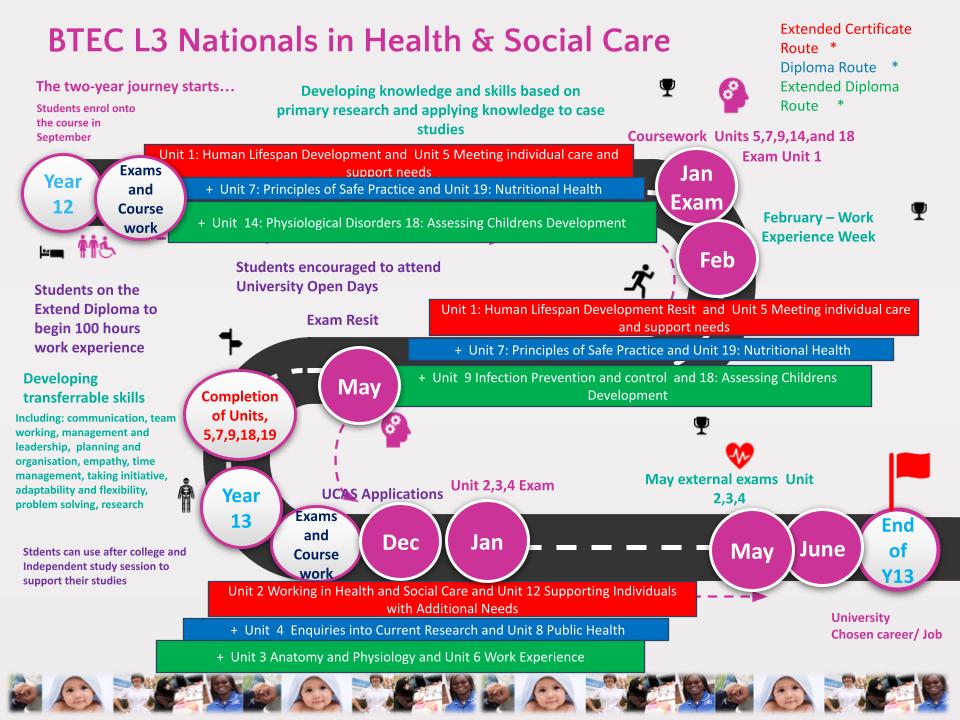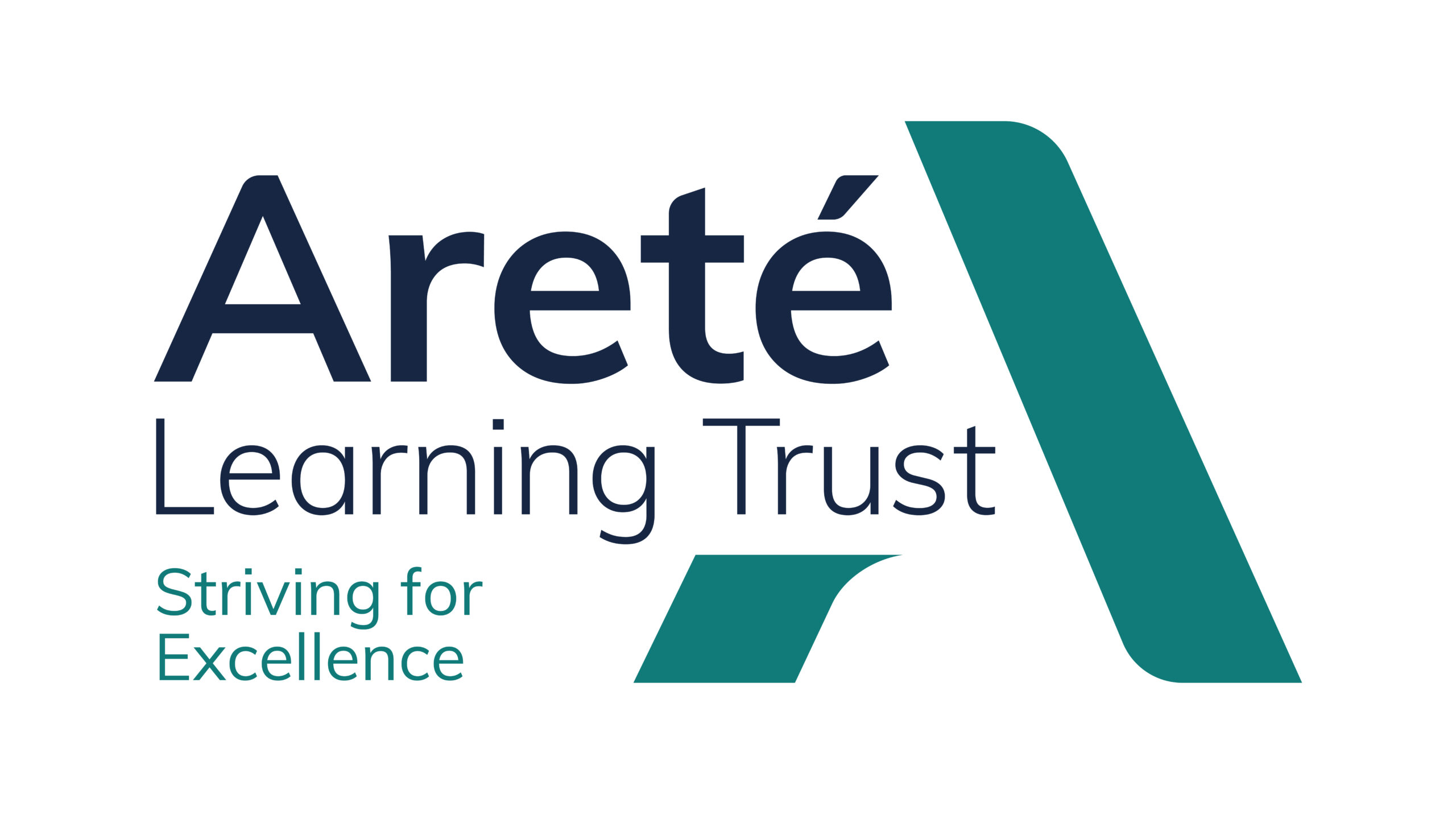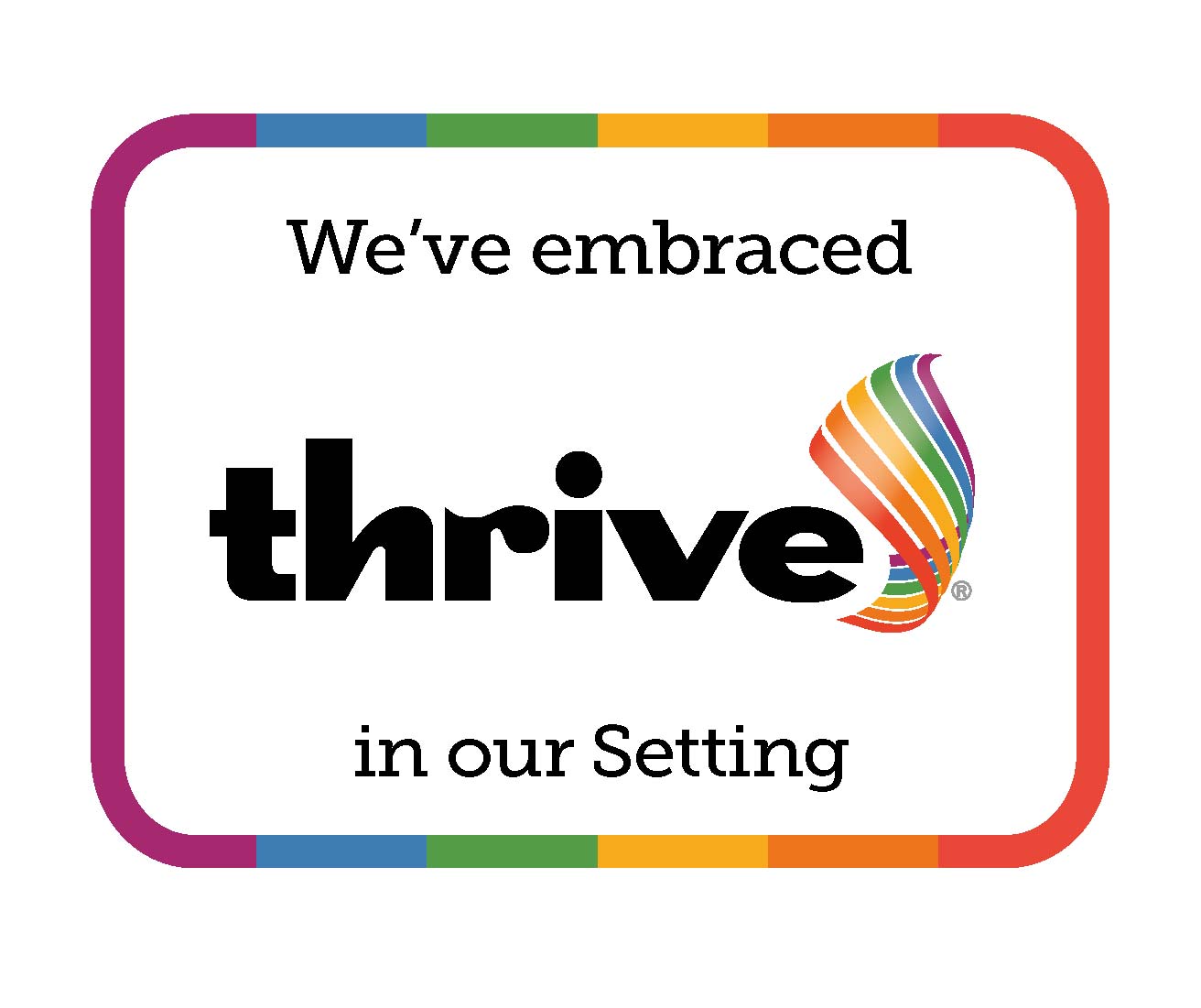
Technology – Soft
As a department, we are committed to ensuring that all students make good progress throughout all the projects that they participate in within the range of subjects – Food, Textiles, Health and Social Care and Child Development.
To achieve this we believe in supporting all students to achieve their target grades, regardless of what their target grades are. Students work is regularly marked and targets for improvement set. Work is revisited so that students have the opportunity to achieve these targets.
Soft Technology Department
Mrs Kirsty Bannister
Food, Textiles, and Health and Social Care Teacher
kbannister@nunthorpe.co.uk
01642310561 EXT: 1062
Mrs Kayomi Harrison
Food, Textiles, and Health and Social Care Teacher
kharrison@nunthorpe.co.uk
01642310561 EXT: 1035
Miss Laura Masters
Food, Textiles, Health and Social Care and Child Development Teacher
lmasters@nunthorpe.co.uk
01642310561 EXT: 1035
Mrs Tracey Wilson
Food, and Textiles Teacher
twilson@nunthorpe.co.uk
01642310561 EXT: 1035
Miss Samantha Wise
Food Technician
swise@nunthorpe.co.uk
01642310561 EXT: 1035
Year 6 Transition
In order to excite and captivate our new students to Food and Health a range of fun activities have been planned. These are aimed at encouraging students to work creatively and as a team to aid their transition into a new school facilitating making new friends. Their tasks will be as follows:
- Textiles – Students will work in groups to create their own super hero using only basic equipment;
- Food – Students will be taste testing cookies.
Key stage 3
Students will experience a wide range of different projects within the different Technology subjects; these include Textile Technology and NCFE Food and Cookery and Health and Social Care. All students will be taught the basic skills needed to complete projects to high standards, covering areas such as a research, design, modelling, development, planning, making and evaluation. Within a 1 hour session students can expect to follow a variety of different tasks which will help them to develop their understanding of a range of skills, techniques and equipment. This will help students gain a level of independence so that they are able to plan and progress their own work.
Food and Textiles is a very practical based subject which enables the students to learn in a variety of different ways. The projects that students are involved in have been tailored to suit all ability levels and cater for a wide range of interests.
All groups are mixed ability.
Timetabling
Students will spend the following amount of time in Technology over a two week cycle:
- Year 7 = 2 hours;
- Year 8 = 2 hours;
- Year 9 = 2 hours.
Assessment arrangements for Key Stage 3 Food and Health
All students in Key Stage 3 will be assessed approximately each half term to monitor progress. Each assessment will focus on particular projects and practical work.
Timetable of Projects
Year 7
| Lesson Content | Assessment |
| 1 Expectations, Preparing food safely – Why is temperature control important ? | |
| 2. Preparing food safely – Where do bacteria come from? Preventing contamination | |
| 3. Storing Food Safely – Chilled, frozen and ambient foods | |
| 4. General practical skills – Using basic equipment, Using the Cooker, why is food cooked | |
| 5. Practical – Snack / Pizza Toast Preparing food safely – Washing up | Yes |
| 6. General practical skills – Weighing and measuring, Using basic equipment, Knife Skills, | |
| 7. Practical – Fruit Salad General practical skills -Knife skills, Preparing fruit and Vegetables | |
| 8. Sensory Evaluation – Tasting and testing, – Fruit – Fresh, Frozen, Tinned, Dried | |
| 9. Practical – Fruit Crumble | Yes |
| 10. Textiles – Key Ring Design | |
| 11. Design Ideas | |
| 12. Design Ideas | |
| 13. Practical Embroidery and Embellishment | |
| 14. Practical | |
| 15. Practical- Assembly | |
| Christmas | |
| 1.Why does the body need food What is the Eatwell Guide | |
| 2. Healthy Eating guidelines – 5 a day | |
| 3. Healthy Eating / Amending a Recipe | Yes |
| 4. Practical – Muffin | |
| 5. Where does our food come from? – Grown food, Organic food, seasonal food | |
| 6. Practical – Cookies | |
| 7. Where does our food come from? – Reared food, | |
| 8. Practical – Stir Fry | Yes |
| 9. Amending a recipe, Analysis of the origin of ingredients | |
| 10. Where does our food come from ? – Caught Food | |
| 11. Practical Tomato Pasta | |
| Easter | |
| Burger Assessment 1. Amending a recipe and planning | Yes |
| 2. Practical – Burger | Yes |
| 3. Evaluation | Yes |
| 4. Green Pen | Yes |
| 5 Practical – Jam Tarts | |
| 6. Designers – Trainers | |
| 7. Fabric sustainability | |
| 8. Design | |
| 9. Design | |
| 10. Marketing |
Year 8
| Lesson Content | Assessment | |||
| Expectations, Review Safety and Hygiene | ||||
| Review – Eatwell plate, Healthy Eating | ||||
| Nutritional needs for different groups of people -Ages | ||||
| Practical – Spaghetti Bolognese | ||||
| Dietary Diseases – Health Conditions | ||||
| Practical – Curry and Rice | Yes | |||
| Dietary Diseases – Food Intolerance and Allergies | ||||
| Practical Fairy Cakes (Creaming Method) | ||||
| Recipe Amendment – Health Conditions | ||||
| Influences on food choice – Social Factors | ||||
| Practical – Scones / Pizza Wheels | Yes | |||
| Influences on food choice – Environmental | ||||
| Christmas Cookies | ||||
| Influences on Food Choice – Seasonality | ||||
| Christmas | ||||
| Planning Menus – Adapting Savoury Recipes for Health Reasons – Obesity | ||||
| Practical – Bread | ||||
| Planning Menus – Adapting Sweet Recipes for Environmental, Local/ Seasonal Reasons | ||||
| Practical – Jam Tarts/ Maids of Honour | Yes | |||
| Processed Food | ||||
| Sensory Analysis -Tasting and testing, – Fruit – Fresh, Frozen, Tinned, Dried | ||||
| Manufactured Food | ||||
| Practical – Sausage Rolls | Yes | |||
| Practical Evaluation | ||||
| Practical – Swiss Roll | ||||
| What’s on a food label – why is food labelling important | ||||
| Easter | ||||
| Modifying Recipes Whats on a Food Label – Traffic light Labelling | ||||
| Plan and Amend a Recipe – Burgers | Yes | |||
| Practical – Burger | Yes | |||
| Evaluate Practical | Yes | |||
| Review / Green Pen Activity | ||||
| Practical – Chicken Parmesan | ||||
| Textiles – Design | ||||
| Design Ideas | ||||
| Practical Embroidery and Embellishment | ||||
| Practical | ||||
| Practical- Assembly | Yes | |||
| Practical | ||||
Year 9
| Lesson | Lesson Content | Assessment |
| 1 | Review Food Safety Food spoilage, food poisoning | |
| 2 | Review – Eatwell Guide/ Healthy Eating/ Factors affecting food choice | |
| 3 | Practical – Spaghetti Carbonara | Yes |
| 4 | Meal Planning for Allergies and Food Intolerances | |
| 5 | Practical – Cheesecake | Yes |
| 6 | Amending a Recipe | |
| 7 | Practical – Pizza | |
| 8 | Health and Social Care Assignment – Early Adulthood Physical, Intellectual , Emotional and Social Development (PIES ) | |
| 9 | Factors positively affecting health | |
| 10 | Factors positively affecting health | |
| 11 | Factors negatively affecting health | |
| 12 | Factors negatively affecting health | Yes |
| 13 | Impact of life events | Yes |
| 14 | Support | |
| Christmas | ||
| 1 | Nutrition – Protein | |
| 2 | Nutrition – Fats | |
| 3 | Practical – Cake | |
| 4 | Nutrition – Carbohydrates | |
| 5 | Practical – Cake Decoration | Yes |
| 6 | Nutrition – Vitamins | |
| 7 | Practical – A Mexican Dish (Enchilada, Burrito, Taco, Fajitas) | |
| 8 | Nutrition – Minerals | |
| 9 | Origins of Food – Grown, Caught, Reared | |
| 10 | Food Processing | Yes |
| 11 | Sensory Analysis | |
| Easter | ||
| 1 | Food Manufacturing | |
| 2 | Practical – Lasagne | |
| 3 | Amend a recipe – Burger | Yes |
| 5 | Practical Burger | Yes |
| 6 | Evaluation | Yes |
| 7 | Health and Social Care Adolescence – Physical Development | |
| 8 | Intellectual Development | |
| 9 | Emotional Development | |
| 10 | Social Development | |
| 11 | Assessment – Activity | Yes |
| 12 | Review |
Projects Costing
A considerable amount of time is spent sourcing the materials for practical work. We believe that a valuable part of the subject is that of materials use, waste, and costing. As a result students will be asked to pay, a representative sum for projects and food practicals in one lump sum at the beginning of the year. This will be communicated at the start of each year via ParentPay.
The Learning Journey
Food Technology
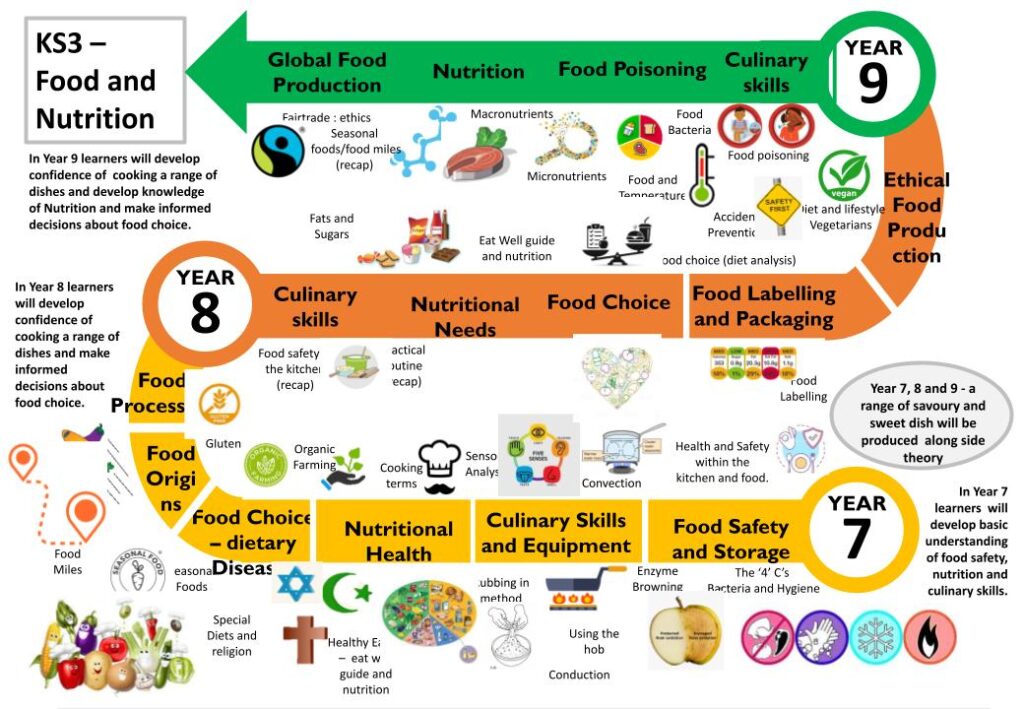
Health and Social Care
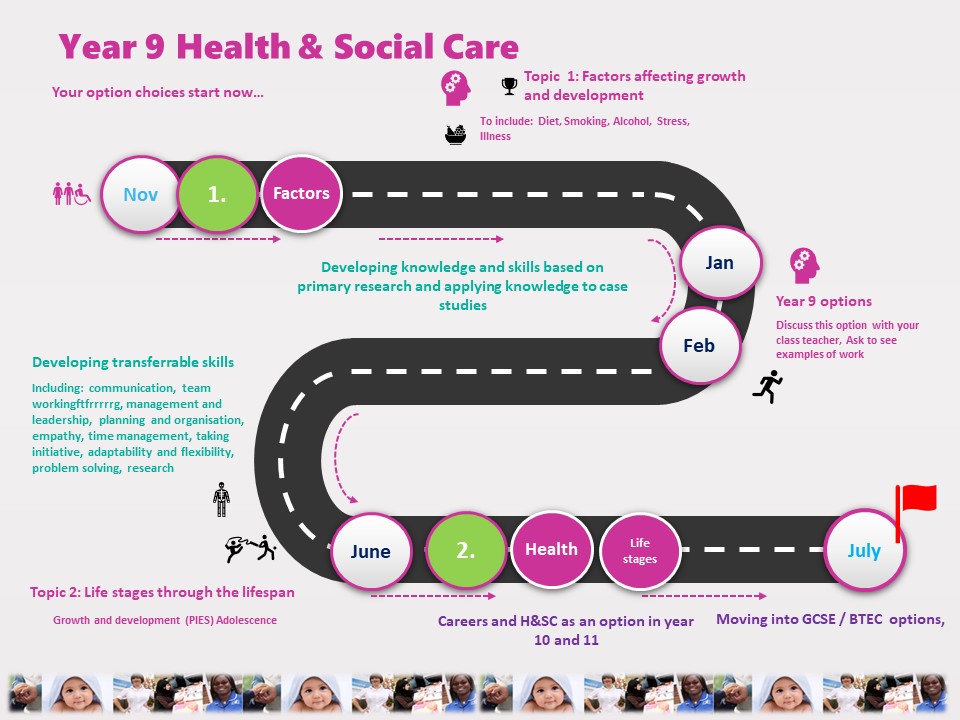
Key stage 4
At Key stage 4 students can opt for one of 3 courses offered within the Technology faculty. The courses including the examination boards and web site addresses offered to students are shown below:
- NCFE Food and Cookery: NCFE Level 1/2 Technical Award in Food and Cookery | NCFE;
- BTEC Tech Award in Health and Social Care – Pearson: Health and Social Care | Pearson;
- Cambridge National Child Development – OCR: Cambridge National Child Development
Time Allocation
For all subjects students are allocated 5 hours per fortnight in Year 10 and Year 11.
Assessment Arrangements
NCFE Food and Cookery
- 60% NEA ( Non examined assessment) To plan, cook, present and evaluate a range of dishes suitable for a specific target market/ situation
- One written examination 40% of the final mark, taken at the end of the course with multiple choice, short and long answer questions from the topics covered and from the coursework project.
Cambridge National Level 2 Child Development
| R057: Health and well-being for child development | 70 | 1 hour 15 mins | 48 | Written paper, OCR set and marked |
| R058: Create a safe environment and understand the nutritional needs of children from birth to five years | 60 | Approx. 12-14 hours | 36 | Centre-assessed tasks, OCR moderated |
| R059: Understand the development of a child from one to five years | 60 | Approx. 10-12 hours | 36 | Centre-assessed tasks, OCR moderated |
BTEC Tech Award Health and Social Care
This course is made up of 2 coursework tasks worth a total of 60% of the final mark. Students will carry out a 2 hour exam which is worth 40% of the course. Students begin working on the Award and upon completion gain the equivalent of a GCSE grade. Students are awarded Pass, Merit or Distinction grades. Students are encouraged to develop independent working on this course.
Breakdown of Topics
NCFE Food and Cookery
Content area 1 Health and safety relating to food, nutrition and the cooking environment
Content area 2 Food legislation and food provenance
Content area 3 Food groups, key nutrients and a balanced diet
Content area 4 Factors affecting food choice
Content area 5 Food preparation, cooking skills and techniques
Content area 6 Recipe amendment, development and evaluation
Content area 7 Menu and action planning for completed dishes
In Year 11 the NEA will be completed which will include
recall and apply knowledge and understanding of Food health and safety, food provenance and legislation, nutrition, factors affecting food choice,
preparation and cooking skills, recipe amendment and menu planning
analysis and evaluate to make reasoned judgements and reach well-supported conclusions on food
health and safety, food provenance and legislation, nutrition, factors affecting food choice,
preparation and cooking skills, recipe amendment and menu planning
• safe and effectively demonstration highly relevant skills, techniques and processes relevant to the task set when using a wide range of equipment and ingredients to plan, prepare and present complex dishes (including amending recipes and creating those suitable for different food-related health conditions)
• analysis and evaluation their own demonstration of relevant skills, techniques and processes relevant to the task set when planning and preparing complex, completed dishes in a comprehensive manner
BTEC Tech Award in Health and Social Care
Assessment is 60% coursework, and graded by a pass, merit or distinction. The 2 units of study are of equal weighting.
Exam is 40% based upon Health and Well Being
This is worth the equivalent of a GCSE.
Breakdown of components
Students begin the course with a short induction programme explaining BTEC and the expectations of the work.
Component 1
Human Lifespan Development Learners will investigate how, in real situations, human development is affected by different factors and that people deal differently with life events.
Component 2
Health and Social Care Services and Values Learners study and explore practically, health and social care services and how they meet the needs of real service users. They also develop skills in applying care values.
Component 3
Health and Well Being is a 2 hour exam. Learners will study the factors that affect health and wellbeing, learning about physiological and lifestyle indicators, and how to design a health and wellbeing improvement plan
The Learning Journey
Child Development
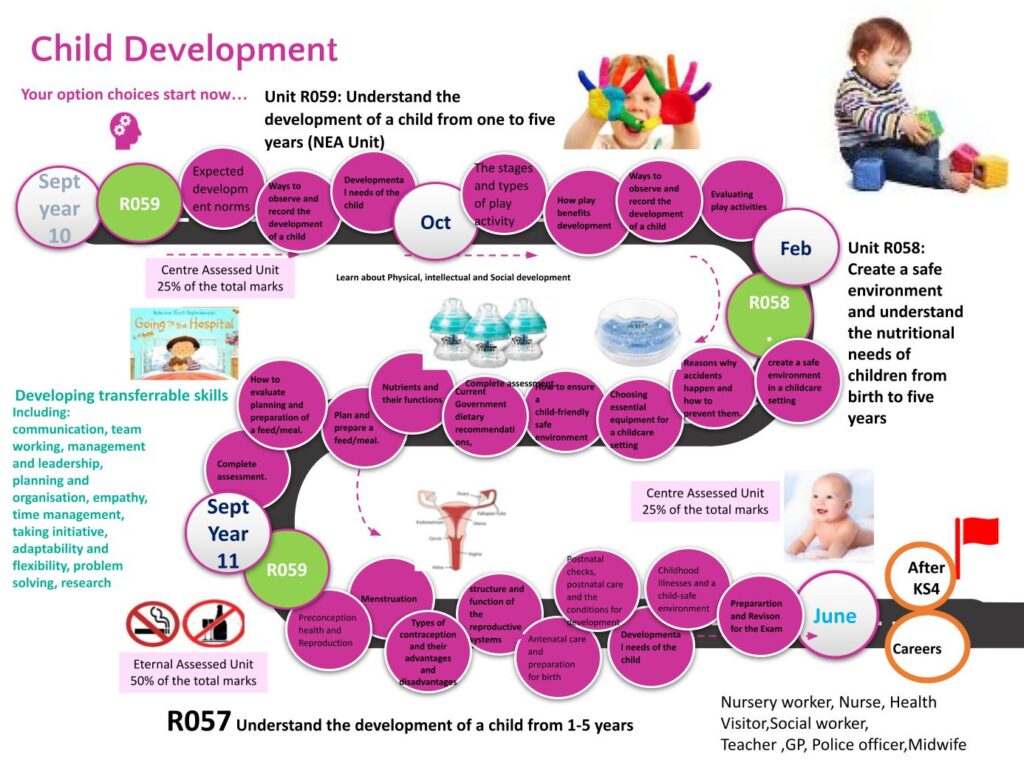
Food Technology
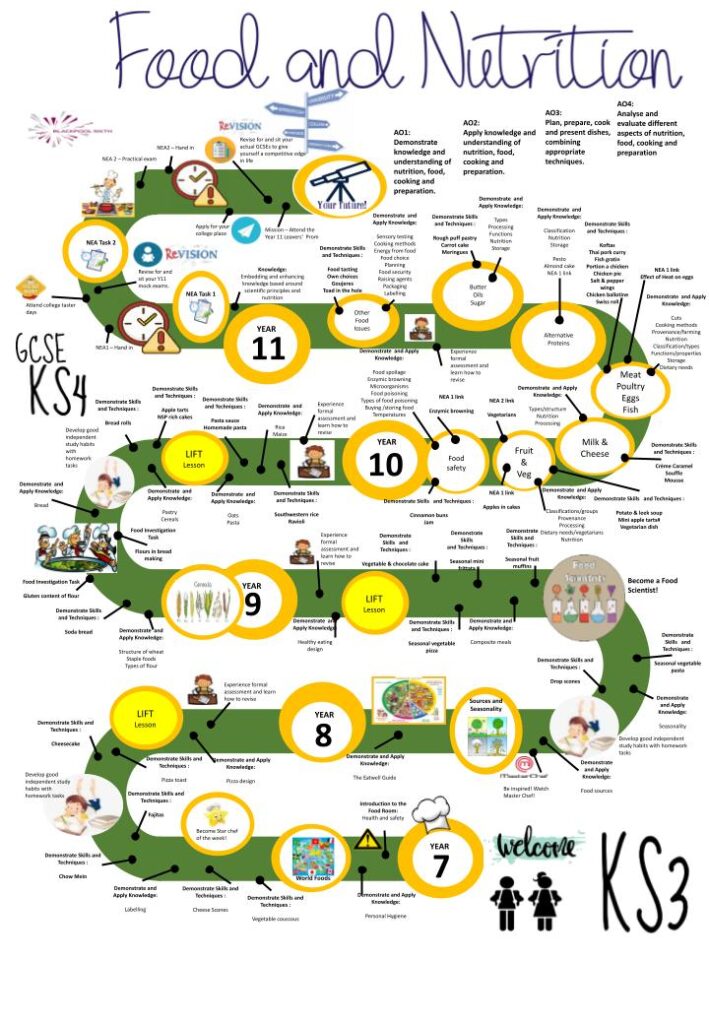
Health and Social Care
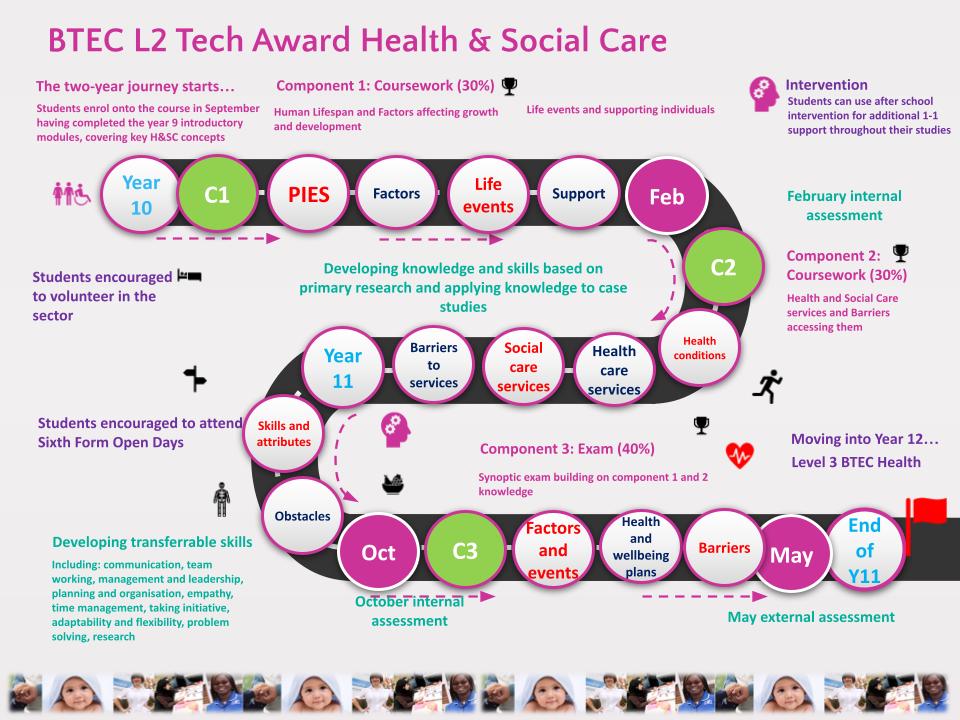
Key stage 5
BTEC (level 3) Heath and Social Care
The health and care sector encompasses staff involved in direct care, as well as specialists such as health scientists, technicians, support staff, supervisors and managers. There are employment opportunities in the statutory, private and voluntary provision of care services.
Edexcel’s BTEC Level 3 National Award, Certificates, Diplomas and Extended Diplomas in Health and Social Care are designed to provide progression to a university degree in an appropriate vocational discipline, or – for those working in the sector – to BTEC Higher National qualifications (HNCs and HNDs) or Foundation Degrees, or to employment. Click here for more course information.
BTEC Nationals (Level 3) Extended Certificate in Health & Social Care
Students complete the following units to gain the certificate which is equivalent to 1 A Level:-
Unit 1 Human Lifespan Development (Exam Year 12)
Unit 2 Working in Health and Social Care (Exam Year 13)
Unit 5 Meeting Individual in Health and Social Care ( Coursework year 12)
Unit 8 Promoting Public Health (Care and Support Needs, (Coursework year 12)
Unit 12 Supporting Individuals with Additional Needs (Coursework Year 13)
Students, who wish, can continue onto the BTEC National (Level 3) Diploma which is equivalent to 2 A Levels. Students complete further units:-
Unit 4 Enquiries into Current Research into Health and Social Care -Year 13, Task set and Marked by Edexcel (6 week preparation and a 3 hour Assignment)
Unit 7 Principles of Safe Practice Coursework Year 13)
Unit 19 Nutritional Health (coursework year 12)
Students can opt for a triple award in Health & Social Care and work towards the BTEC National Level 3 Extended Diploma equivalent to 3 A Levels. This is a Full time course.
Students complete further units which will include the following:-
Unit 3 Anatomy and Physiology (Exam year 13)
Unit 6 Work Experience in Health and Social Care (Coursework -this includes a mandatory 100 hours work experience in a Health or Care setting)
Unit 9 Infection Prevention and Control (Coursework year 12)
Unit 14 Physiological Disorders and their Care (coursework year 12)
Unit 18 Assessing Childrens Development Support Needs (coursework year 13)
The Learning Journey
Health and Social Care
